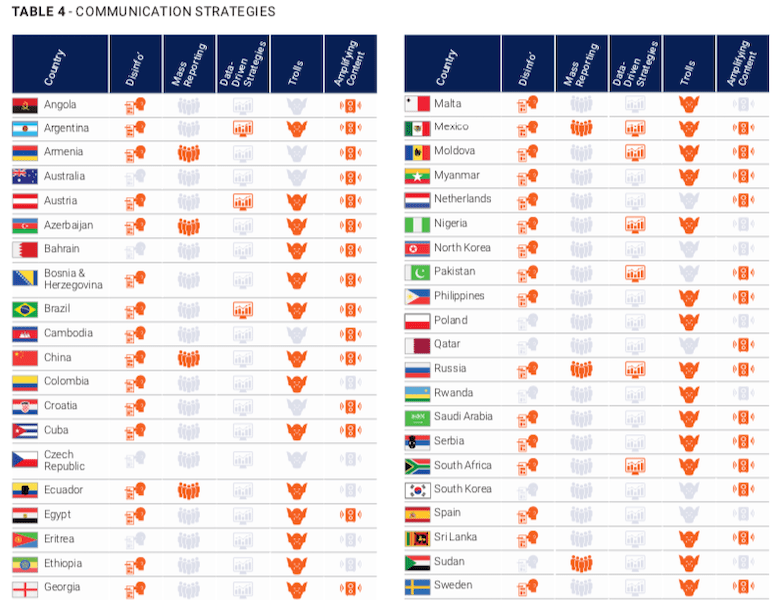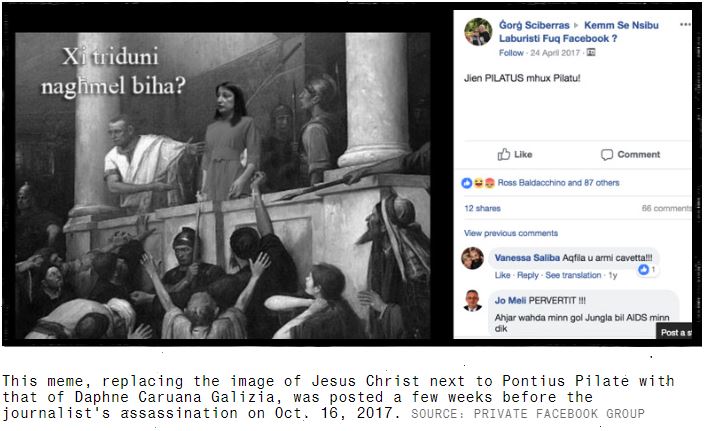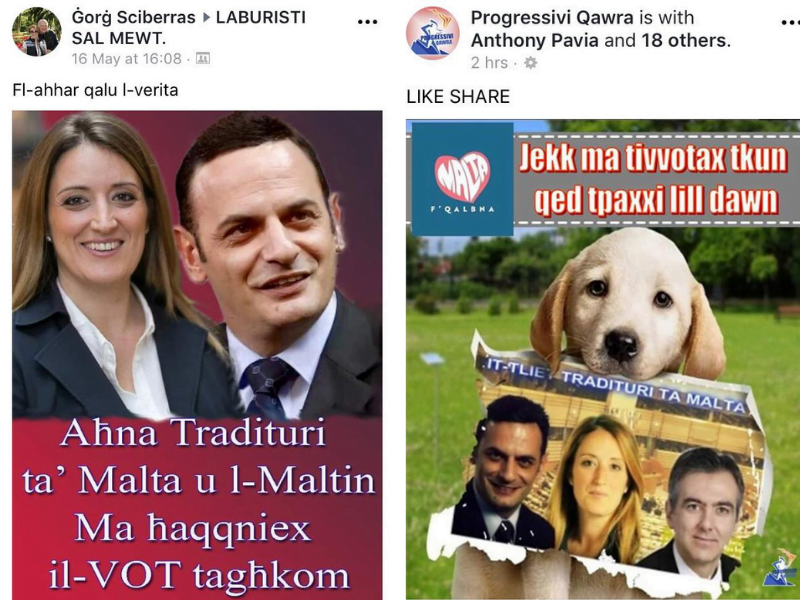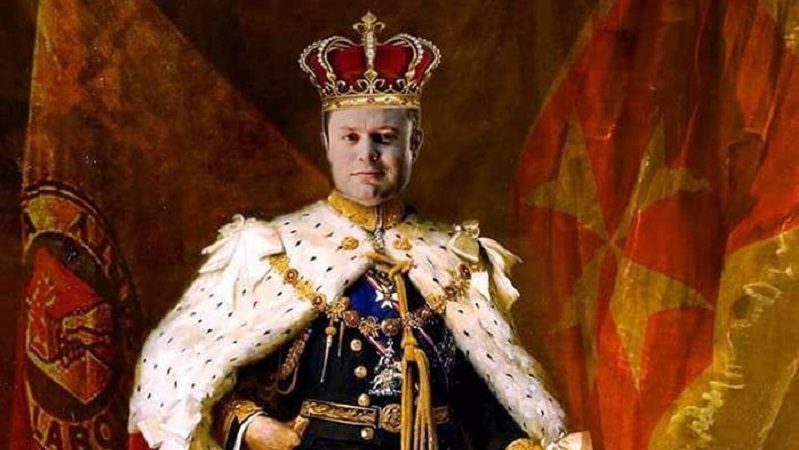Malta is one of 70 countries having used organised social media manipulation campaigns, focusing mainly on trolling and disinformation, according to a University of Oxford study.
The 2019 Global Inventory of Organised Social Media Manipulation analysed trends in computational propaganda and evolving tools, capacities, strategies, and resources based on a three-year monitoring of social media manipulation by governments and political parties.
Researchers discovered that authoritarian countries used three types of campaigns against journalists, political dissidents and the broader society: suppressing fundamental human rights, discrediting the political opposition, and drowning out political dissent.
The report found that the communication strategies used in Malta matched the trolling and disinformation tactics typically employed by authoritarian countries.
Evidence of this has been reported by The Shift in its Disinformation Watch series, including the use of false statistics, the creation and dissemination of narratives which quote selectively from official documents to spin a negative story in the government’s favour, and the targeting of dissidents.

Communication strategies
Facebook is the most commonly used platform in Malta, according to the report. The majority of campaigns focused on attacking the Opposition and suppressing information through tactics that included the use of fake Facebook profiles to spread rumours about the government’s perceived enemies, such as the family of slain journalist Daphne Caruana Galizia.
Critics of the government have also been branded as ‘traitors’, and memes created using their photos, which are then disseminated through closed Labour Party Facebook groups before being spread by trolls across the wider internet.

Organizational form and prevalence of social media manipulation
The Oxford University study revealed that evidence of organised social media manipulation campaigns increased from 28 countries in 2017 to 48 countries in 2018. Some of this growth came from countries that were experimenting with the tools and techniques of computational propaganda during elections, or were testing new tools of information control.
The report also pointed out that many countries have displayed elements of formally organised social media manipulation over the past decade. “As a result, we suggest that computational propaganda has become a ubiquitous and pervasive part of the digital information ecosystem.”

Messaging and Valence
Such social manipulation can take place between cyber troops, bots and trolls. Cyber troops are defined as government or political Party actors tasked with manipulating online public opinion, while political bots amplify hate speech and other forms of manipulated content.
Cyber troops use a variety of communication strategies, including disinformation or manipulation of media, mass-reporting of content or accounts, data-driven strategies, trolling, doxing or harassment, and amplifying content and media online.
Bots can also micro-target individuals, illegally harvesting data and deploying armies of trolls to bully or harass political dissidents and journalists.
While Facebook remained the dominant arena of cyber troop activity, researchers have also been collecting evidence of cyber troop activity on image and video sharing platforms including Instagram, YouTube, and WhatsApp.

Online propaganda has become an important tool of information control that “is strategically used in combination with surveillance, censorship, and threats of violence” by many authoritarian regimes.
The cooption of social media technologies provides authoritarian regimes with a powerful tool to shape public discussions and spread propaganda online, while simultaneously surveilling, censoring, and restricting digital public spaces.
This practice is increasingly widespread. Researchers found evidence of government agencies using computational propaganda to shape public attitudes through communication ministries or military-led campaigns in 44 countries.
Disinformation was the most common communication strategy in 52 of the 70 countries studied, with cyber troops actively creating content that included memes, videos, fake news websites or manipulated media to mislead users. The content created by cyber troops was sometimes targeted at specific communities or segments of users.

Labour’s online hate groups target Opposition MEP candidates.
The use of these startegies is a threat to fundamental human rights, the report notes. Last year, 27 countries used State-sponsored trolls to attack political opponents or activists on social media. This year, 47 countries used trolling as part of their digital arsenal.
Cyber troops also censor speech and expression through the mass-reporting of content or accounts. Posts by activists, political dissidents and journalists are often reported by a coordinated network of cyber troop accounts in order to game the automated systems that social media companies use to take down inappropriate content.
“Trolling and the takedown of accounts or posts can happen alongside real-world violence, which can have a deep and chilling effect on the expression of fundamental human rights,” the report said.












